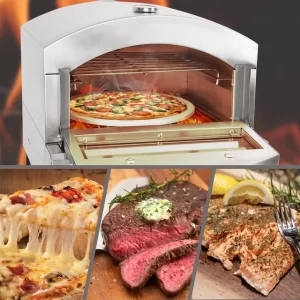Gas or electric oven: which is cheaper to run?
Introduction:
When it comes to choosing between a gas or electric oven, one important consideration is the cost of running the appliance. The operating costs can vary depending on several factors, including energy efficiency, utility rates, and usage patterns. In this article, we will compare the cost-effectiveness of gas and electric ovens, discussing the factors that influence their running costs and offering insights into which option may be cheaper in the long run. By understanding the key factors and making informed decisions, users can select the oven that best suits their budget and cooking needs.
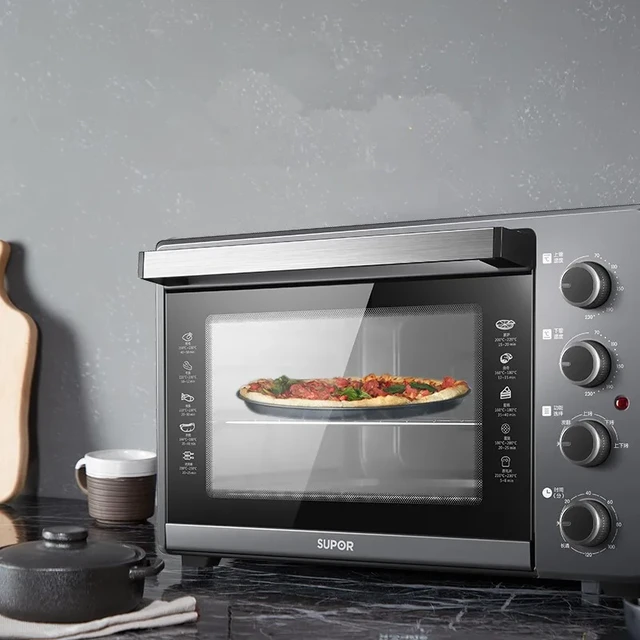
Gas or electric oven: which is cheaper to run?
Overview of Gas and Electric Ovens:
a. Gas Ovens: Gas ovens utilize natural gas or propane as their fuel source. They rely on a gas burner to generate heat for cooking and baking.
b. Electric Ovens: Electric ovens use electricity as their power source. Heating elements, such as coils or infrared elements, generate heat to cook the food.
Factors Affecting Operating Costs:
a. Energy Efficiency: The energy efficiency of an oven can significantly impact its operating costs. A more energy-efficient oven will require less energy to generate the desired cooking temperatures, resulting in lower energy bills.
b. Utility Rates: The cost of gas and electricity can vary depending on geographic location and utility rates. Researching and comparing the rates provided by local gas and electric utility companies can help determine the cost per unit of energy.
c. Usage Patterns: The frequency and duration of oven use also play a role in operating costs. Frequent and extended use will result in higher energy consumption and potentially higher costs.
d. Insulation and Sealing: The quality of insulation and sealing in the oven can impact energy efficiency. A well-insulated oven with proper sealing can retain heat more effectively, reducing energy waste and lowering operating costs.
e. Oven Size: The size of the oven can affect operating costs. Larger ovens require more energy to heat up and maintain desired cooking temperatures. Consider selecting an oven size that matches your cooking needs to avoid excessive energy consumption.
f. Preheating Time: The time required to preheat the oven can affect energy consumption. Choosing an oven that heats up quickly can help reduce operating costs by minimizing the amount of time the oven is in use.
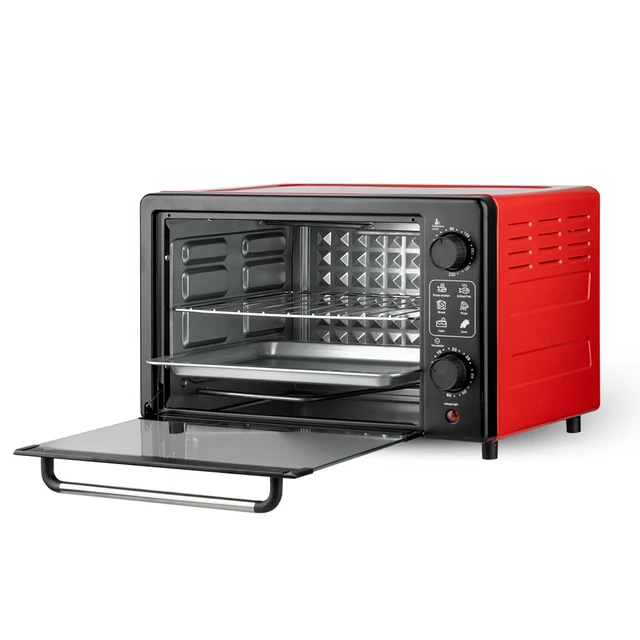
Gas Oven Operating Costs:
a. Cost of Natural Gas: The cost of natural gas can vary depending on location and market conditions. Contact the local gas utility provider to obtain the current gas rates and calculate the cost per unit of energy, usually measured in British Thermal Units (BTUs).
b. Energy Efficiency: Gas ovens generally offer efficient heat transfer and rapid heating capabilities. The direct flame or combustion process allows for precise temperature control and reduces energy waste.
c. Gas Oven Maintenance: Regular maintenance of gas ovens is essential to ensure efficient operation and prevent energy waste. Proper cleaning and maintenance can optimize burner performance and reduce gas consumption.
d. Ventilation Considerations: Gas ovens require proper ventilation to release combustion byproducts. Adequate ventilation prevents energy waste and ensures efficient operation.
Electric Oven Operating Costs:
a. Cost of Electricity: Electric rates vary depending on location and utility providers. Contact the local electric utility company to obtain current rates and calculate the cost per unit of energy, usually measured in kilowatt-hours (kWh).
b. Energy Efficiency: The energy efficiency of electric ovens has improved over the years. Modern electric ovens often feature advanced heating elements and insulation, resulting in optimized energy usage.
c. Electric Oven Maintenance: Regular maintenance of electric ovens is important to ensure efficient operation. Cleaning the heating elements and ensuring proper insulation can improve energy efficiency and reduce operating costs.
d. Oven Preheating and Cooking Times: Electric ovens may require longer preheating times compared to gas ovens. However, once the desired temperature is reached, electric ovens often provide consistent and even heat distribution throughout the cooking process.
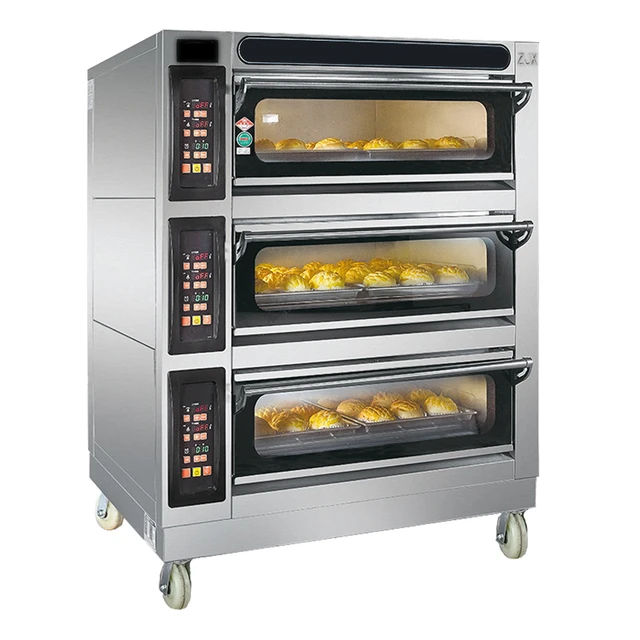
Comparing Gas and Electric Oven Costs:
a. Energy Cost Comparison: To compare the operating costs of gas and electric ovens, consider the local energy rates and the energy consumption of each appliance. Calculate the energy consumption based on the oven’s specifications and usage patterns to determine the estimated energy cost per hour of operation.
b. Payback Period: If considering switching from one type of oven to another, calculate the payback period to determine how long it would take to recoup the initial investment. Consider factors such as the cost difference between gas and electric ovens, installation expenses, and potential savings in operating costs.
c. Other Considerations: While operating costs are an important factor, it is equally crucial to consider other aspects such as personal cooking preferences, the availability of gas or electric connections, and the overall performance and features of the oven.
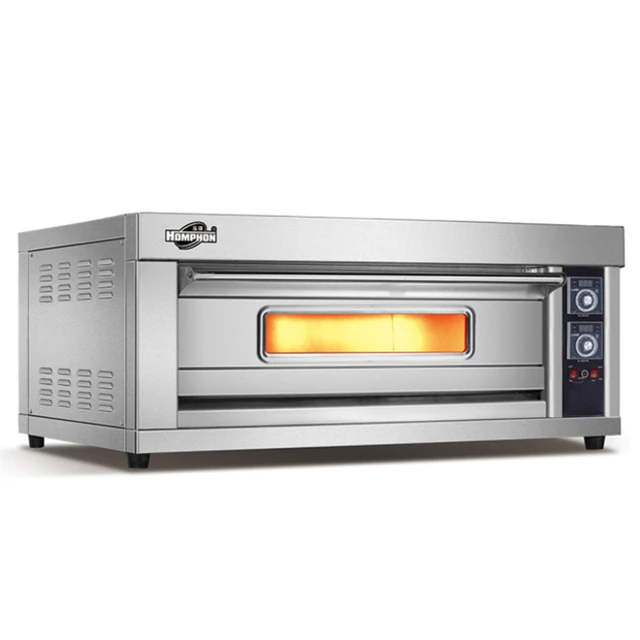
Energy-Saving Tips for Ovens:
a. Proper Sizing: Choose an oven size that matches your cooking needs to avoid excessive energy consumption.
b. Efficient Use: When using the oven, try to cook multiple items at once to maximize each oven use and reduce energy waste.
c. Preheating: Preheat the oven only when necessary and avoid unnecessarily long preheating times.
d. Utilize Residual Heat: Take advantage of residual heat by turning off the oven a few minutes before the cooking time is complete. The retained heat will continue to cook the food effectively.
e. Oven Door: Keep the oven door closed as much as possible during cooking to prevent heat loss.
f. Regular Maintenance: Proper cleaning and maintenance of the oven can optimize its performance and energy efficiency.
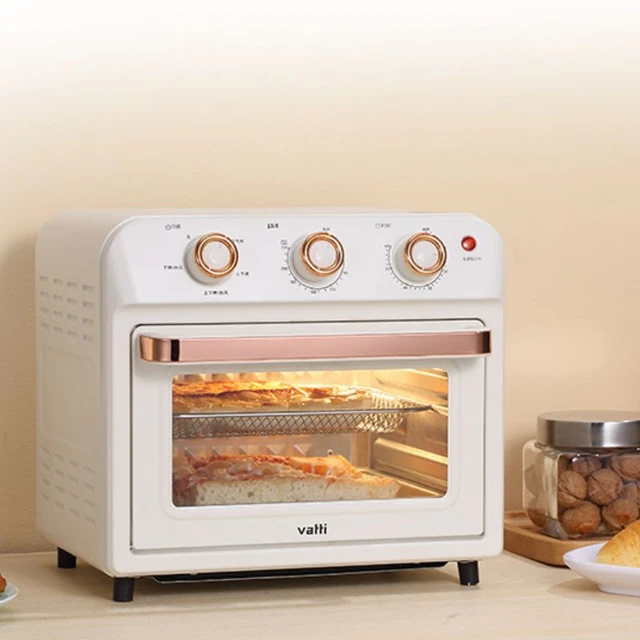
Conclusion:
The cost-effectiveness of gas and electric ovens depends on various factors including energy efficiency, utility rates, usage patterns, insulation, and oven size. Gas ovens typically offer efficient heat transfer and precise temperature control, while electric ovens have improved energy efficiency in recent years. To determine which option is cheaper to run, compare the local gas and electric rates, calculate the energy consumption of each oven, and consider payback periods for potential oven switches. Additionally, incorporate energy-saving tips into your oven use to minimize energy consumption and further reduce operating costs. By considering these factors and making informed decisions, users can select the oven that aligns with their budget, cooking needs, and energy efficiency goals.
